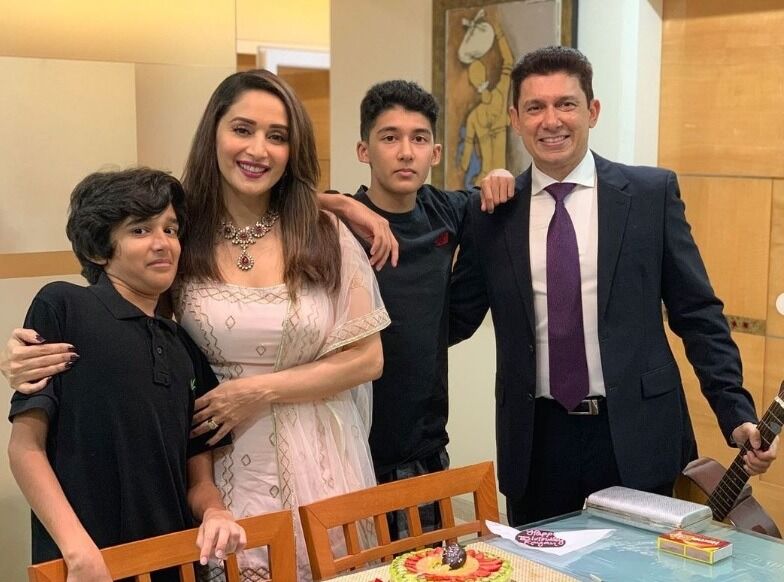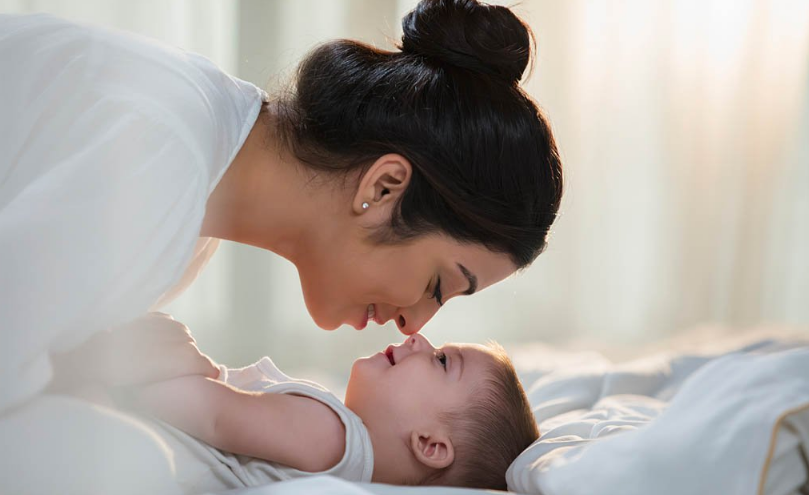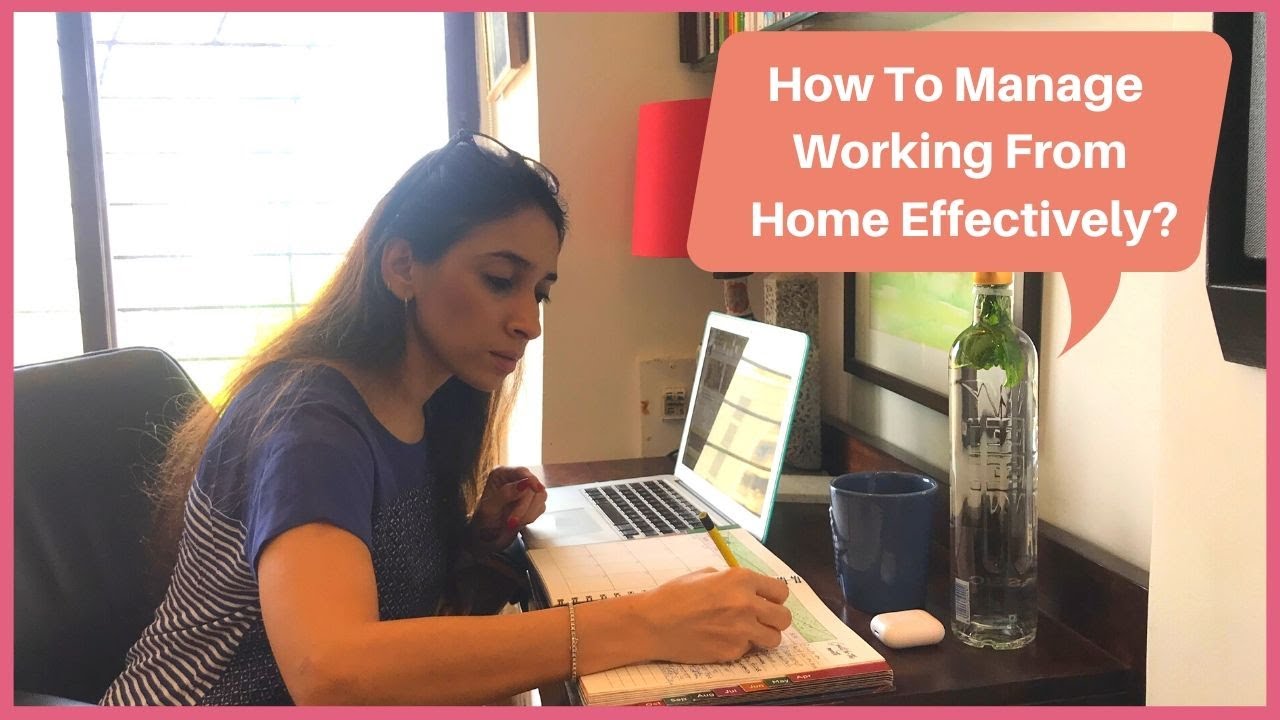What is Independence? It is defined as freedom from the control, influence, support, aid, or the like, of others.
Now wouldn’t this be a fantastic state of being for all of us. To be mentally, financially and emotionally capable, and independent. I do believe that if this was the focus for each individual to develop into, more than half the angst, expectations and arguments in our lives would become redundant. One of the biggest goals of parenting should be to ensure that by the time our children are adults, they should be independent in all ways. To be capable of taking care of their physical needs, their environment and their finances. To be mentally and emotionally strong enough to process situations, take decisions based on goals and wants; rather than insecurities or needs.
Make inter-dependence a choice.
Our society and home environment is filled with rather strange notions of inter-dependence and love. Financial dependence based on gender. Housekeeping based on gender and social class. Emotional dependence and control seen as a form of love and attachment. What we don’t realize is that frustration, depression, violence, jealousy, comparison all arise from feeling dependent and incapable and insecure. Someone can’t earn money. Someone can’t cook. Someone can’t stay alone. Someone can’t work alone. So relationships become based on need and insecurity. Not on choice.
Parenting is a step-by-step journey of teaching children how to become completely autonomous and independent. To govern their lives. To feel free and in charge of charting the course of their lives. We help them to walk, talk, read and write, eat, bathe and play. It is alright to teach them to take the first step towards learning something, but parents tend to lose the plot. We tend to wake them up when they need to be up, we dress them, prepare their snacks, plan their time, think through consequences of doing things or not, clean their rooms, save money, make plans, deal with friendships, deal with losing, speak their mind for them. This is immediacy parenting.
We need the house clean, so after yelling at stubborn kids, we do it ourselves. We are anxious about the repercussions of doing badly in a test or an incomplete project, so we spoon feed the child. We repeat ourselves incessantly and turn into caricature moms and dads. We don’t want to deal with the tantrums and sulks of losing, so we let them win. What parents absolutely do not realize is the great disservice being done to children here. We are creating beliefs that someone will always be there to take care of them, that in fact they need someone else to take care of them in every way. How, then, will these children become independent adults?
The answer is actually one word – Consequences.
This does not mean punishment. And consequences have to be age appropriate. In an earlier piece on studying, I had touched upon consequences.The very same approach applies to overall independence. Toughen your hearts parents, and allow your children to be occasionally disappointed, hurt, embarrassed or worried. Else they will deal with the same emotions on a much more harmful scale as adults out in the world. Let them sleep in an increasingly messier room day after day, until they get sick of it themselves. Let them know that to win a game, they have to develop better skills at it. Let them show up in school without completing an assignment or project, if needed. This is small stuff compared to the invaluable life lessons you are imbibing. Give them rewards based on chores and goals completed. Give them pocket money, and guide them to save and buy what they desire. Be loving, kiss their tears away, but be firm.
As they grow into their teenage years, loosen the control strings, become their friend and guide their emotional independence. Help them think through their murky feelings, bring up what they like, what they feel and then, even if sometimes you disagree, please let them act on their convictions.
Keep in mind that this technique has to be age appropriate, because expecting comprehension of cause and effect from a four year old is asking for too much. It has to be a gradual, consistent process, exactly like developing physical skills is for toddlers. Decide today, that you will be their guide and guru, not their enforcer. That you will be a mindful parent!
Don’t forget to follow us on Facebook, Twitter & Instagram or subscribe to our Youtube Channel for more information.
Image Source:Â amotherfarfromhome.com
















